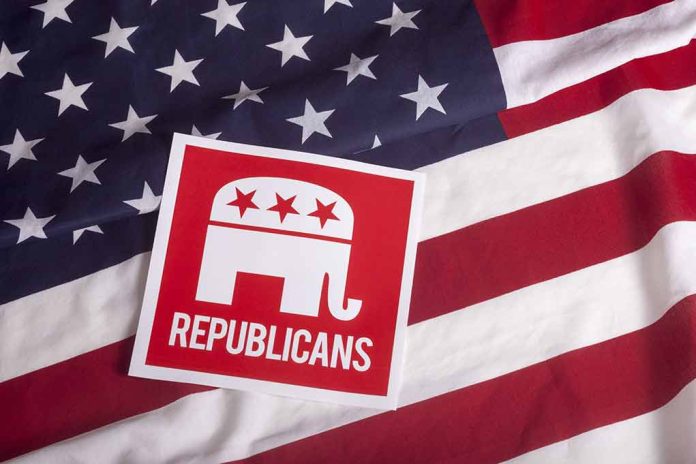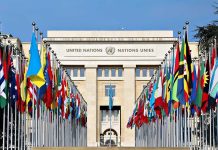
Several GOP-led states are purging voter rolls ahead of the upcoming election, raising both support and controversy.
At a Glance
- Efforts are focused on removing noncitizens from voter rolls to prevent voter fraud.
- Critics argue these purges risk disenfranchising legitimate voters.
- Both federal and state laws prohibit noncitizen voting in federal elections.
- Voter roll maintenance laws exist to prevent wrongful voter exclusions.
- Numerous Republican-led states are implementing stringent measures ahead of elections.
Intensified Voter Roll Purges
Republican-led states such as Texas, Georgia, and Ohio are intensifying efforts to purge voter registrations of noncitizens. These actions are conducted through executive orders and proposed constitutional amendments. The goal is to fortify election integrity by ensuring only eligible U.S. citizens can vote in federal elections. However, this initiative faces significant backlash, with critics raising concerns about the risks of disenfranchising eligible voters.
The push for these purges is rapid and widespread, with prominent GOP figures like Texas Governor Greg Abbott and Ohio Secretary of State Frank LaRose leading the charge. These purges involve reviewing voter rolls and employing data cross-checking methods to flag potential noncitizens. For instance, over 3,200 people were flagged in Alabama by Secretary of State Wes Allen
Illegals SHOULD NOT BE VOTING in American elections.
This month alone, more than 16,000 non-citizens have been removed from the voter rolls in 3 states. It’s a serious problem – and as the next Senate GOP Leader I’ll make sure we fix it. pic.twitter.com/qoBy5KNgFa— Rick Scott (@ScottforFlorida) August 28, 2024
Federal and State Laws on Voting Eligibility
The 1996 U.S. law mandates that only U.S. citizens can vote in federal elections. Violations can result in serious penalties, including fines, imprisonment, and deportation [https://apnews.com/article/noncitizens-voting-republicans-election-2024-immigration-09b86e6768f755fd875f3c51b0e8ea70]. Despite these regulations, some GOP officials argue that the risk of noncitizen voting remains and must be addressed through stringent measures. These officials support legislative actions like the Safeguard American Voter Eligibility Act, which requires proof of citizenship for voter registration.
“Illegal voting by noncitizens is rare, yet Republicans are making it a major issue this election”
Efforts to scrutinize and purify voter rolls are entangled with federal and state legal requirements. Federal law demands careful maintenance of voter lists and restricts purges within 90 days before an election to prevent voter disenfranchisement
Diverse Reactions and Concerns
The Biden administration opposes the Republican-led initiatives, viewing them as a barrier to eligible citizens’ voting rights. Critics argue that these measures might lead to unnecessary hurdles for legitimate voters and highlight that noncitizen voting incidences are minimal. Data supports this view; across 42 jurisdictions, only an estimated 30 cases of suspected noncitizen votes were identified in the 2016 election.
“The message is we’re going to do everything we can to discourage voting in Texas,” said Mike Doyle, chair of the Democratic Party in Harris County.
Naturalized citizens often face flagging due to outdated data systems used for cross-checking, raising false alarms about their eligibility
Voting rights advocates contend these actions improperly target naturalized citizens and increase the complexity of voting.







